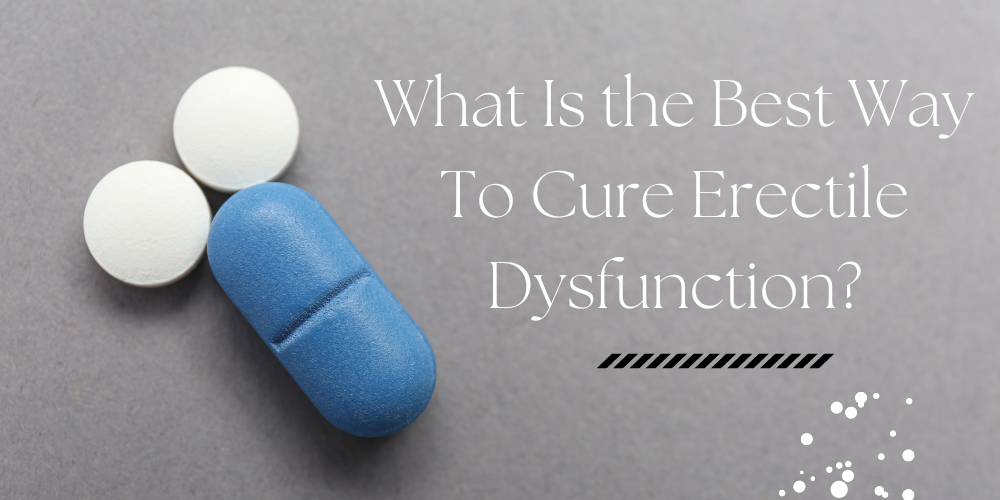Currently Empty: $0.00

Erection dysfunction is as old as humanity, and few men can claim that their erection equipment hasn’t failed them at some point. Failure to perform once was blamed on witchcraft, a curse, or just accepted as a natural result of growing older.
There were herbal “cures,” rituals, and incantations, but it was a hit-or-miss situation until the introduction of modern medicine, which gives a clear, scientific understanding of how an erection works.
This is not as straightforward as it sounds, and science and medicine have several options for more stubborn cases of erectile dysfunction:
- Oral Medications: It is a successful erectile dysfunction treatment for many men. They include;
- Sildenafil (Viagra)
- Tadalafil (Cialis)
- Vardenafil (Levitra)
- Avanafil
The muscles in your penis must relax in order to achieve an erection. As a result, blood might flow into the corpora cavernous, causing the organ to stiffen. The drugs listed above function by blocking an enzyme called phosphodiesterase Type 5, which is responsible for deactivating a chemical called cGMP, which causes blood vessels to relax.
- Self-injections: While oral medication does not really work, one or more chemicals might be injected directly into the penis to achieve an erection. Alprostadil, palavering, and phentolamine are the most common medications injected into the side or base of the penis.
- Testosterone replacement: Before oral medications like Viagra, testosterone, which is important in the male sexual response, such as sex interest and the method of obtaining an erectile dysfunction, was commonly used to treat erectile dysfunction. Orally, through an injection, a skin patch, or a subcutaneous pellet, testosterone can be delivered in a variety of ways.
- Penile Implants: It might help men who are not even getting the right dose of their ED medication. This standard includes surgical implant devices on both sides of the penis. Inflatable or semi-rigid rods can be used as implants. The erection is caused while inflatable cylinders in the penis are filled by a pump from a reservoir in the abdomen area. This means that an erection can be had when and for as long as desired.
- Psychological Counseling: Fear, anxiety, depression, sex attitudes, and mental blocks are some of the psychological causes of erectile dysfunction. Men with severe depression are more likely to have ED. And, in most situations, depression must be addressed before ED treatment can be successful. If your relationship is impacted by psychiatric problems, your doctor may suggest that one or both of you see such a psychologist or counselor.
- Lifestyle Changes: According to NHS Choices Erectile Dysfunction can often be improved by making changes to your lifestyle for example:
- Losing weight if you are overweight
- Quitting smoking
- Cutting down on alcohol
- Staying away from drugs
- Getting enough exercise
- Reducing your stress levels


